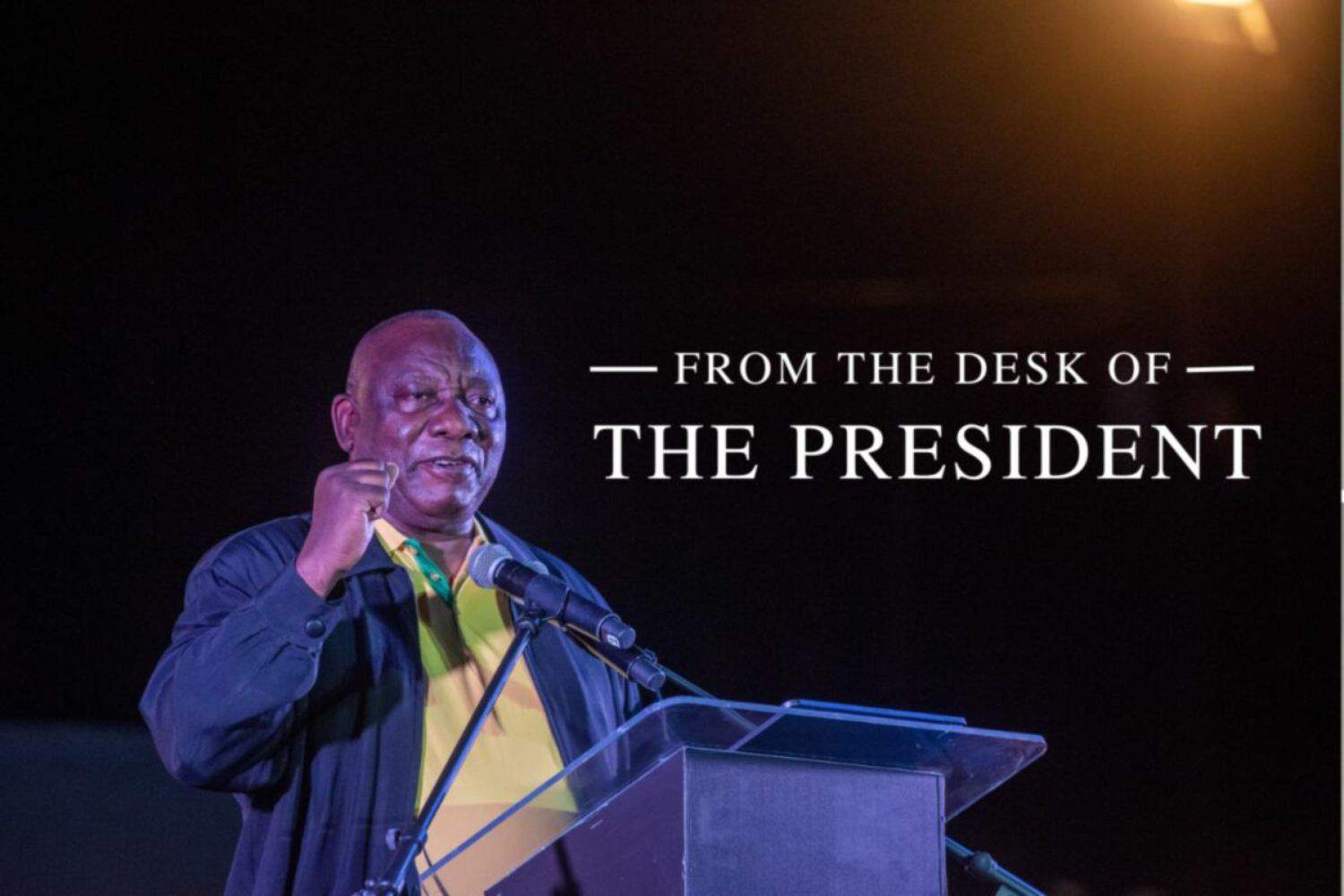Corruption Watch has previously refuted Ramaphosa’s claim that corruption has gone down under his watch.

President Cyril Ramaphosa has declared victory in the anti-corruption drive, saying South Africa’s exit from the Financial Action Task Force (FATF) grey-list demonstrates that the country is taking steps to combat corruption and other financial crimes.
The FATF greylisted South Africa in February 2023, due to its failure to comply with FATF standards and measures to combat illicit financial flows, terrorist funding and potential threats to the integrity of the global financial system.
Removed
However, on Friday, 24 October, the FATF plenary in Paris announced that the country had finally been removed from the FATF greylist after almost three years.
Writing in his weekly newsletter on Monday, Ramaphosa said South Africa “is serious about fighting financial crime and corruption”.
“Our country’s exit from the Financial Action Task Force (FATF) grey list bodes well for the integrity and reputation of our financial system, for our status as an investment destination, and for the economy as a whole.”
ALSO READ: ‘SA must build society in which corruption cannot take root’
‘Significant progress’
Ramaphosa added that just over two years after the FATF identified deficiencies that had rendered South Africa increasingly vulnerable to financial crimes, the “dedication of a multidisciplinary team led by the National Treasury” has culminated in the country’s formal exit from the grey list.
“In its statement, FATF welcomed the ‘significant progress’ South Africa has made in improving its anti-money laundering and countering terrorism financing regime, and called for these improvements to be sustained.
“This milestone is a boost for South Africa’s international reputation and global standing. Grey listing results in a country being seen as risky for investors,” Ramaphosa said.
Terrorism
Ramaphosa said legislative amendments have been made to enable more stringent reporting regulations around beneficial ownership.
“This is so we know who ultimately owns, controls and benefits from a company, not just those who are listed as shareholders on paper.”
He said the changes would make it much more difficult for individuals and syndicates to funnel the proceeds of corrupt activities through complex webs of shell companies, trusts and entities owned by associates or relatives.
“To close high–risk loopholes around terrorism financing, we have introduced regulatory amendments to enable the investigation and prosecution of such cases. We are committing more government spending to counter money laundering and terrorism financing.”
ALSO READ: Corruption Watch refutes Ramaphosa’s claim of declining corruption
Corruption in SA
In March, Corruption Watch’s annual report said that graft in policing, the business sector, education and state-owned entities (SOEs) remained a major issue.
In 2024, Corruption Watch received 546 corruption complaints — substantially fewer than the previous year’s 2 110.
The 13th report, titled Accountable Together, showed that maladministration accounted for 34% of complaints, making it the most common type of corruption in 2024.
This was followed by fraud (21%), employment irregularities (16%), bribery or extortion (15%) and procurement irregularities (13%).
Corruption in the policing sector made up 13% of the complaints, the highest among subsectors. The business sector followed at 12%, basic education at 11% and SOEs at 7%.
The report also highlighted ongoing corruption at the local government level.
ALSO READ: Cyril Ramaphosa: ‘South Africa dealing with insidious effects of corruption’






